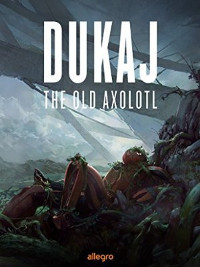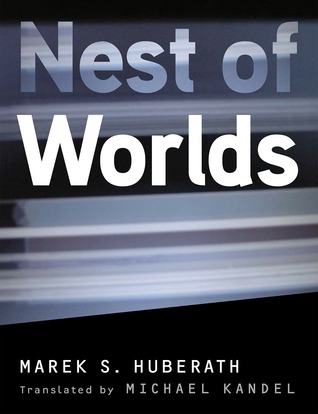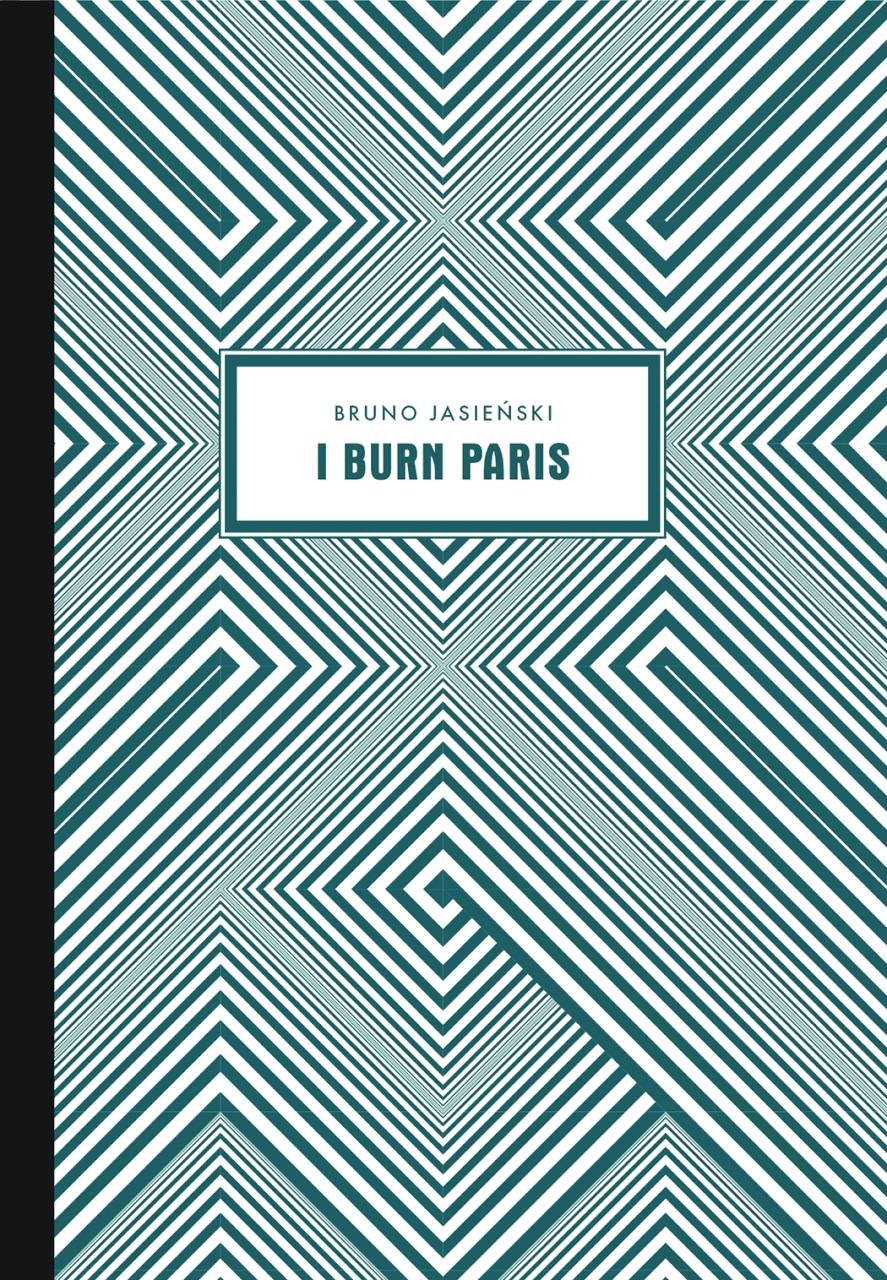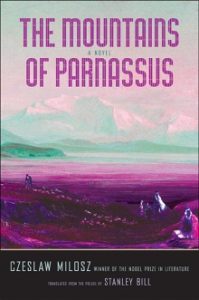JACEK DUKAJ

The Old Axolotl: Hardware Dreams, translated by Stanley Bill (Allegro, 2015).
“The Old Axolotl is an exhilarating post-apocalyptic tale about a world in which a cosmic catastrophe has sterilized the Earth of all living things. Only a small number of humans have managed to copy digitalized versions of their minds onto hardware in the nick of time. Deprived of physical bodies, they continue to exist by uploading themselves onto gigantic industrial robots, sophisticated medical machines, mechs designed for hard labor, military drones, star troopers and sexbots based on Japanese manga. Drowning in nostalgia for the lost world, the survivors create civilization after civilization, life after life, humanity after humanity. They form alliances and fight wars. They develop their own politics, ideologies and crazy hardware religions. And they face dilemmas no one has ever confronted before. What makes us human? Is it possible to copy a soul? Who really lives, fights and dies in those metal bodies? Who plays out the melancholy drama of physiology and the flesh? The Old Axolotl depicts the reversal of old oppositions between life and death, progress and stagnation, the organic and the mechanical, exploring the mystery of the human soul and the eternal solitude of the human individual, whether trapped in a body or the reinforced steel of a robot.”
“The Iron General,” translated by Michael Kandel (A Polish Book of Monsters, 2010).
“The Golden Galley,” translated by Wiesiek Powaga (The Dedalus Book of Polish Fantasy, 1996).
“The Aprocrypha of Lem,” translated by Danusia Stok (Lemistry, 2011).
MAREK HUBERATH

Nest of Worlds (1998), translated by Michael Kandel (Restless Books, 2014).
“A metafictional adventure through a dystopia that owes as much to Borges, Saramago, and even Thomas More as it does to Stanislaw Lem, Nest of Worlds is a meditation on the narrative nature of reality, the resilience of love, and an inquiry into the darkest aspects of the human psyche and the organization of civilization.”
“Yoo Retoont, Sneogg. Ay Noo,” translated by Michael Kandel (The SFWA European Hall of Fame, 2007 / A Polish Book of Monsters, 2010).
“The Greater Punishment,” translated by Wiesiek Powaga (The Dedalus Book of Polish Fantasy, 1996).
“A Cat’s Presence,” translated by Magdalena Jarczyk (Chosen By Fate, 2000).
BRUNO JASIENSKI

I Burn Paris (1928/29), translated by Soren A. Gauger and Marcin Piekoszewski (Twisted Spoon Press, 2012).
“I Burn Paris has remained one of Poland’s most uncomfortable masterstrokes of literature since its initial and controversial serialization by Henri Barbusse in 1928 in L’Humanité (for which Jasieński was deported for disseminating subversive literature). It tells the story of a disgruntled factory worker who, finding himself on the streets, takes the opportunity to poison Paris’s water supply. With the deaths piling up, we encounter Chinese communists, rabbis, disillusioned scientists, embittered Russian émigrés, French communards and royalists, American millionaires and a host of others as the city sections off into ethnic enclaves and everyone plots their route of escape. At the heart of the cosmopolitan city is a deep-rooted xenophobia and hatred — the one thread that binds all these groups together. As Paris is brought to ruin, Jasienski issues a rallying cry to the downtrodden of the world, mixing strains of “The Internationale” with a broadcast of popular music.”
“The Legs of Isolda Morgan,” translated by Wiesiek Powaga (The Dedalus Book of Polish Fantasy, 1996).
CZESLAW MILOSZ

The Mountains of Parnassus, translated by Stanley Bill (Yale University Press, 2017).
“Written in the 1970s and published posthumously in Polish in 2012, Milosz’s deliberately unfinished novel is set in a dystopian future where hierarchy, patriarchy, and religion no longer exist. Echoing the structure of The Captive Mind and written in an experimental, postmodern style, Milosz’s sole work of science fiction follows four individuals: Karel, a disaffected young rebel; Lino, an astronaut who abandons his life of privilege; Petro, a cardinal racked with doubt; and Ephraim, a potential prophet in exile.”
